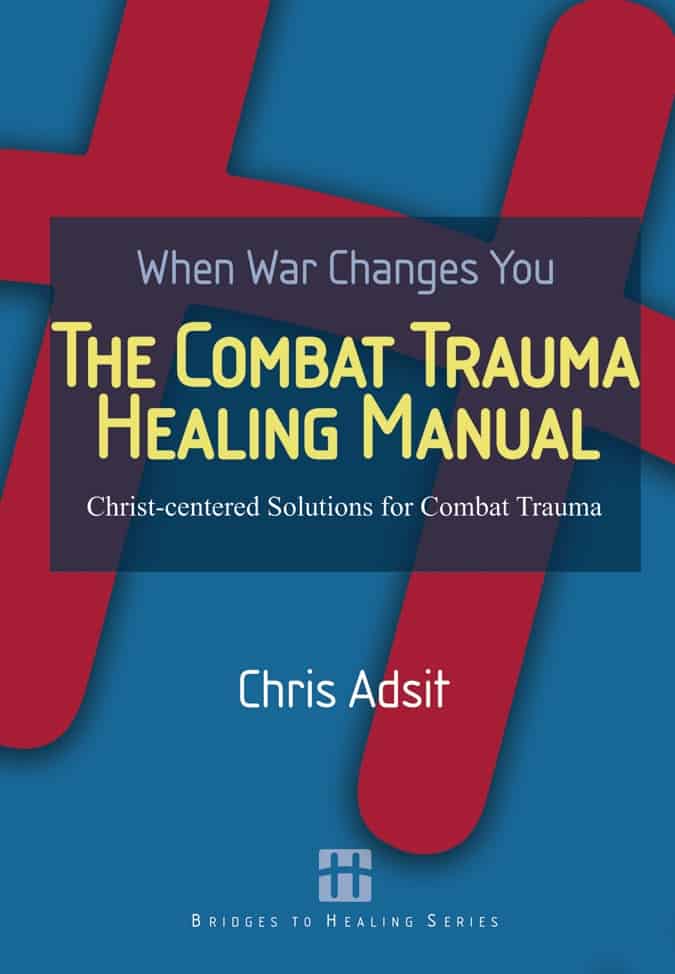How to Lead a Small Group

Connect
What is the best experience you’ve ever had in a small group? What made it so good?
Cultivate
Summary: A small group isn’t simply a Bible study or discipleship group meeting. It’s a gathering of people who share their own thoughts and experiences and seek to learn from one another. When led well, a small group can be an environment for significant life change. The following principles can help you lead enjoyable and effective small groups.
Clearly define and communicate the norms and type of small group.
There are many types of small groups, and each type can have different dynamics and norms. Norms are the rules everyone in the group agrees to follow such as: show up on time, don’t look at your phone during the meeting and allow other people to talk. Be sure to define these norms and communicate them clearly to the group. One important decision to make regarding norms is whether your group is “Open” or “Closed.” Open groups allow new people to begin attending at any time. Closed groups seek to maintain a consistent environment by not allowing new people to join once the group has formed.
In addition to determining whether groups are open or closed, there are ways of organizing groups to consider:
- Bible studies can be great for encouraging spiritual growth and bringing new people into your community. The curriculum is often a book of the Bible (Acts, Philippians, Genesis, etc.). The Community is an excellent Bible study resource.
- Discipleship groups should, for the most part, be closed. You aren’t looking to add new people here and there. These groups have a clear focus on growth and ministry. The group’s impact will grow as each member starts a new discipleship group.
- Investigative Bible studies are great ways to involve people who don’t yet believe in Jesus. Walking through one of the Gospels, like the book of John, works well.
- Topical small groups can also be a great approach to outreach. These may last for only a few weeks, and will often cover topics like relationships, worldview, faith and film, apologetics, or a biography of someone’s faith journey.
- What might be some helpful norms for your group?
- What are advantages and disadvantages to your group being open so more people can join vs being closed?
Don’t allow the group to center around you, the facilitator.
Small groups function best when everyone is participating and group members are allowed to respond to one another. Keep the following principles in mind as you guide the group’s discussions:
- Allow people to volunteer giving answers to questions.
- To keep everyone engaged, you may need to direct some questions toward those who tend not to speak up as often:
- “Anton, what are your thoughts on this topic?”
- When someone asks a question, don’t just give your answer, but allow other group members to answer:
- “That’s a great question. What do the rest of you think?”
- If no one responds or has a good answer, either rephrase the question or ask the group to research it and bring their findings the next time you meet.
- Be comfortable with silence. Ask a question and then be quiet! If you answer your own questions or begin to clarify your questions too quickly, you keep others from answering.
- When someone asks for prayer, feel free to ask one or more group members to pray for them.
Discuss: What do you think makes it difficult for people to engage in discussion with others group members?
Help group members feel safe to honestly share their thought.
Make sure everything shared with the group stays in the group. Confidentiality is critically important for creating a safe environment for growth.
- Confidentiality should only be broken if 1) someone is in danger of being physically harmed or 2) you learn that a minor has been sexualy abused by an adult, which MUST be reported to the police.
- If you want to be able to share about group members with a friend, a mentor, or your spouse, make sure you have the group members permission to do so. Also, make sure your friend or mentor or spouse won’t share details with anyone else.
If disagreements arise, understand that there are three “levels” of theological beliefs:
- Opinions: These are beliefs which don’t have any direct support in the Bible.
- Example: “Jesus had short hair.” The Bible doesn’t speak directly to this.
- Persuasions: These beliefs have some sort of biblical basis, but aren’t determining factors in whether or not someone is a Christian. Believers who disagree with each other on these topics can agree to disagree, and should love one another with humility, unity and love.
- Example: “Believers in Christ can lose their salvation.” Those who believe this and those who do not both appeal to biblical passages to support their view.
- Convictions: These are core beliefs to the gospel message, the message of salvation, and are truths truly worth defending and debating. These beliefs are determining factors in whether or not someone is a Christian. All cults have at least one core Christian belief which they do not hold.
- A few examples of conviction level beliefs: There is one God, Jesus is God, Jesus died and rose from the grave, we are saved by grace through faith. Those who disagree with these core beliefs are not true believers in Christ.
Major conflict and disunity occur when people treat all three levels of belief as convictions. Explaining the three levels can help people live in unity as they stand firm in their convictions and learn to hold their opinions and persuasions loosely.
Quiz: What level of belief applies to each of the following statements (opinion, persuasion or conviction)?
- If someone is a really good person, God will let them into heaven.
- Jesus was probably around 5’4” tall.
- God has predestined (chosen) people to either be saved or perish.
- People must be completely immersed in water when baptized.
- The fruit that Adam and Eve ate from the tree of the knowledge of good and evil were apples.
- Men must be circumcised before they can profess to have faith in Jesus.
One of the best ways to have a group characterized by honesty and vulnerability is by being open about your own doubts, struggles with sin, and difficulty loving others.
- Talking about a problem you’ve had in the past is good, but not as powerful as sharing a problem you are currently having.
- Remember that Jesus is the hero of your story, not you.
- The group should be prepared to talk about difficult and awkward topics.
Connect with group members regularly.
This may be once a week or once per month, but it’s important to connect with people outside of your group meetings so they know that you care about them personally.
- Periodically meet one-on-one with group members to add another dynamic to your relationship.
- Do something different as a group. Go to coffee, church or the movies together.
- Write people encouraging messages via text or their preferred social media platform.
- Ask how you can pray for them, and then pray for them right away.
- Make use of a secret facebook group as a way for members to stay connected in between group meetings.
Brainstorm some fun things you can do together and some meaningful things you can do for group members.
Pray for everyone in your small group every day.
If God isn’t doing the work to transform people’s lives, then you will waste your time.
- Pray they would experience the love, hope and freedom that only Jesus gives.
- Pray for an increased faith, trust and dependence on God.
- Pray for purity — that they would hate sin, believe truth and flee temptation.
- Pray they would be well bonded and unified with others in the group.
- Pray they would see and take opportunities to love and minister to others regularly.
Brainstorm some creative ways you can remind yourselves to pray for everyone in your group.
Make sure the small group content is easy to use and transferable.
If you want the people in your group to one day lead their own small group, you will need to model easy-to-use and effective ways of leading groups.
- You’ll want whatever you do to be so simple that people will think to themselves, “I could do that! It’s not as hard as I thought!”
- Try to avoid coming across as a Bible scholar. Even if you think you know more than they do, you don’t have to impress them with that knowledge. You don’t want them to think they need to have a Bible degree in order to lead a group. Remind yourself to respond with “That’s a great question! What do the rest of you think?” rather than “Let me explain the answer.”
- Consider the lesson format of Collaborative Discipleship. Just read a Bible passage you want to discuss and ask the eight questions! It’s that easy!
Discuss: What are the top two or three principles that you think will improve a small group the most?
Pray: In light of what we’ve discussed, how can we pray for each other right now?
Care
Since we last met, what happened as a result of expressing Christ’s love to others?
How can you, or we, express Christ’s love to others this week?
Here are a few ideas:
- Pray God would meet their deepest needs.
- Help meet a felt need they have.
- Encourage them with a text, note or verbally.
- Give them a thoughtful gift or buy them coffee.
- Invite them to do something fun or meaningful.
- Listen to their story.
- Explore their thoughts on the gospel.




















